Gender inequality in Japan: a case report of women doctors
Kyoko Nomura, MD, MPH, PhD
keynote talk given at the 8th Ludwig Boltzmann Forum at the Embassy of Austria, Tokyo, Thursday 18 February 2016
[Japanese version 日本語版 野村恭子、医師・医学博士、日本の男女共同参画:女性医師を事例に]
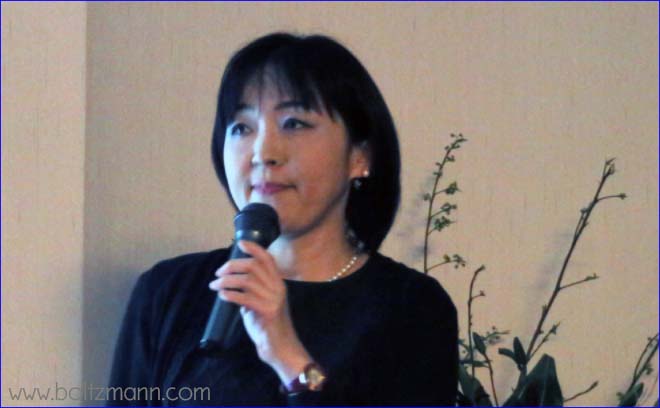
by: Kyoko Nomura, MD, MPH, PhD: Director, Support Center for women physicians and researchers, Associate professor, Department of Hygiene and Public Health, Teikyo University, School of Medicine, and Associate professor, Teikyo School of Public Health
In 2016, Japan’s elderly population, aged 65 years or older, comprises 26%, which is one-fourth of total population. By contrast, the younger generation, aged 0-14 years, comprises only 14%. Why so low?
Nowadays, the birth rate in Japan is estimated at 10.3 per 1,000 population, meaning that one woman bears only one child over her lifetime on average. The Japanese Health Ministry estimates that the nation’s total population will fall to 95.2 million by 2050. The aging of Japan is brought about by a combination of low birthrate and longevity.
Now we understand that Japan faces an aging society. Who is going to take care of this quickly growing aging population? Of course, younger people and women! This is the fundamental reason why women are encouraged to work as much as men to support the aging society.
However in Japan, our traditional gender roles that men should work outside and women be good house wives is strongly embedded in our mindset and hard to get rid of.
According to the Gender Gap Index by the World Economic Forum, Japan ranks at 105th near the bottom among 135 countries in terms of gender equality, mainly due to the underrepresentation of women in economic and political leadership.
In the medical area, Japan faces a physician shortage because the number of physicians per 1000 population is 2.2 which is lower than the average of OECD countries, 3.2 per 1000 population. This means, if you reside in a remote area and suppose you have a cancer, it is less likely to find a medical doctor who can treat your cancer in your neighborhood. Hence, Japan needs higher numbers of medical doctors to meet patients’ needs and definitely women medical doctors are expected to work more to take care of patients.
Actually the number of women entering into medicine is increasing and now constitutes 20% of total number of medical doctors. But this value is still low among OECD countries (actually it is lowest) and thus, we need to set up an urgent strategy to improve working conditions for women to work as much as male counterparts and pursue their potentials as well.
Dr. Nomura conducted a surveys of alumnae from 14 medical schools and found that 98% of men worked in full-time positions, but only 70% of women worked in full time positions, and that men work longer hours per week compared to women. In her another survey with colleagues, they also found that many women quit working at the time of life events like marriage and child birth or rearing; the retirement rate from full-time labour was 44% in 5 yrs and rose up to 85% in 10 yrs. To make matters worse, once they switched from full-time to part-time positions, only one third of these people will return to full-time work.
As a consequence, women are underrepresented in medicine. We have 80 medical schools in Japan and each has one dean but there are only 2 women and women constitute only 2.6% of full professors in medicine in Japan, which is far behind of USA (19%) and UK (16%).
Dr. Nomura and her colleagues have recently published an article to the international scientific journal “Surgery” in February 2016 and this epidemiological study based on 8,000 surgeons who are members of the Japan Surgical Society demonstrated that married men earn more than unmarried women after adjusting for covariates including working hours; as the number of children increases, annual income increases only for men but decreases for women.
In another study, she also demonstrated that the length of weekly domestic working hours is much longer for unmarried women than for married men and men do not work at home even if they have children (the average household working hours for men is only 3 hours per week).
These findings suggest that Japan’s stereotypical gender role, where men should work outside and women should be housewives still prevails even among highly qualified professionals like medical doctors.
One of the top scientific journal “Nature” recently published a special issue called “women in science”. This article states that Science remains institutionally sexist. Despite some progress, women scientists are still paid less, promoted less frequently, win fewer grants and are more likely to leave research than similarly qualified men.
Dr. Nomura has launched a women support center at her University in 2014 and provides various kinds of support to women researchers and physicians including
- to provide a nursery for children including sick children
- to provide social support like mentorship
- to provide various seminars and workshops on research skills
- to promote gender equality campaigns
With these efforts, Teikyo University has successfully increased the numbers and percentages of women faculty members. Dr. Nomura concluded by saying “in order to support women, environmental support at the workplace is not enough, but a combination of workplace support with educational intervention and career development works very well.”
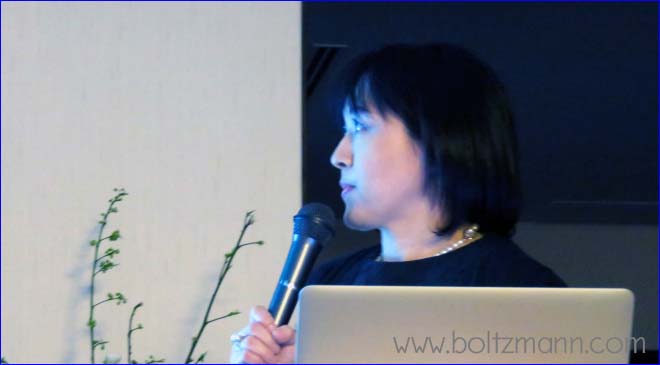
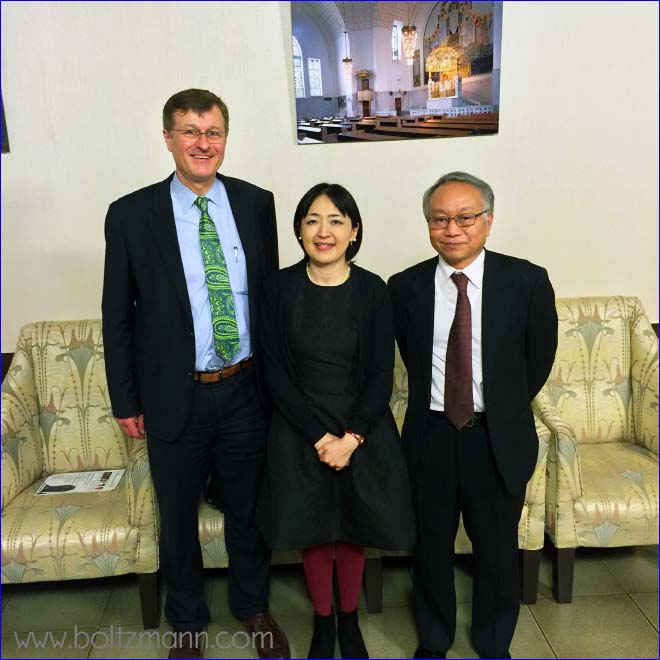
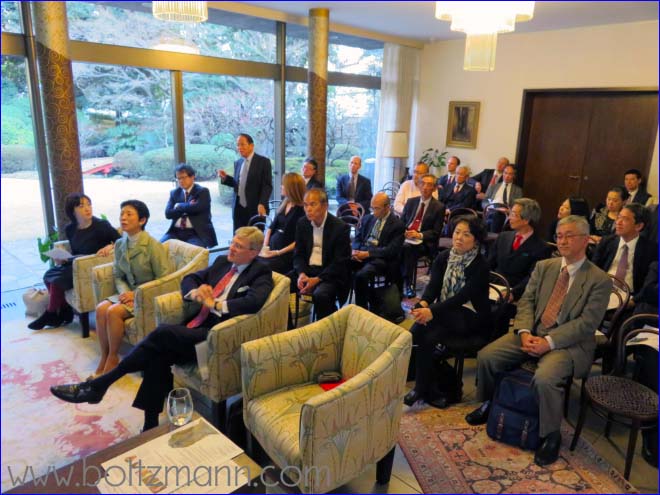
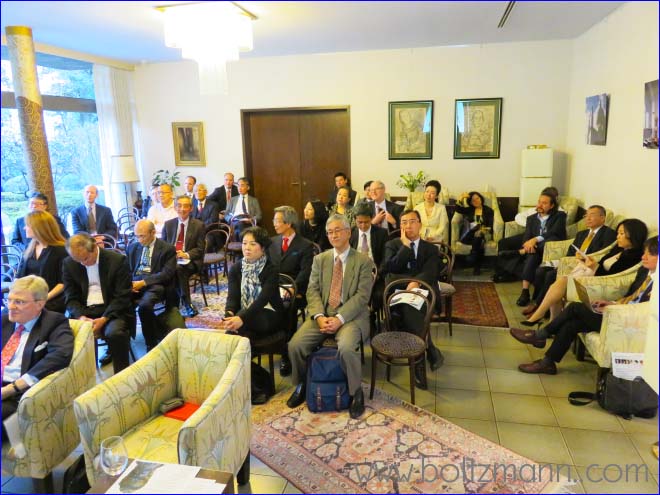
Kyoko Nomura, Teikyo University, Profile
Education:
MD, Teikyo University School of Medicine, Tokyo, Japan, April 1987-March 1993
Master of Public Health: Quantitative Methods, Harvard School of Public Health, MA02115, USA, June 2001-June 2002
PhD: Dep. of Hygiene and Public Health, Teikyo University School of Medicine , April 1999-March 2003
Current position:
- Associate professor of Dep. of Hygiene and Public Health and Teikyo University School of Medicine, and Teikyo School of Public Health
- Director of Teikyo Support Center for women physicians and researchers
Kyoko Nomura, Teikyo University, publications
Kyoko Nomura, List of publications (partly in Japanese language)
Copyright 2016 Eurotechnology Japan KK All Rights Reserved
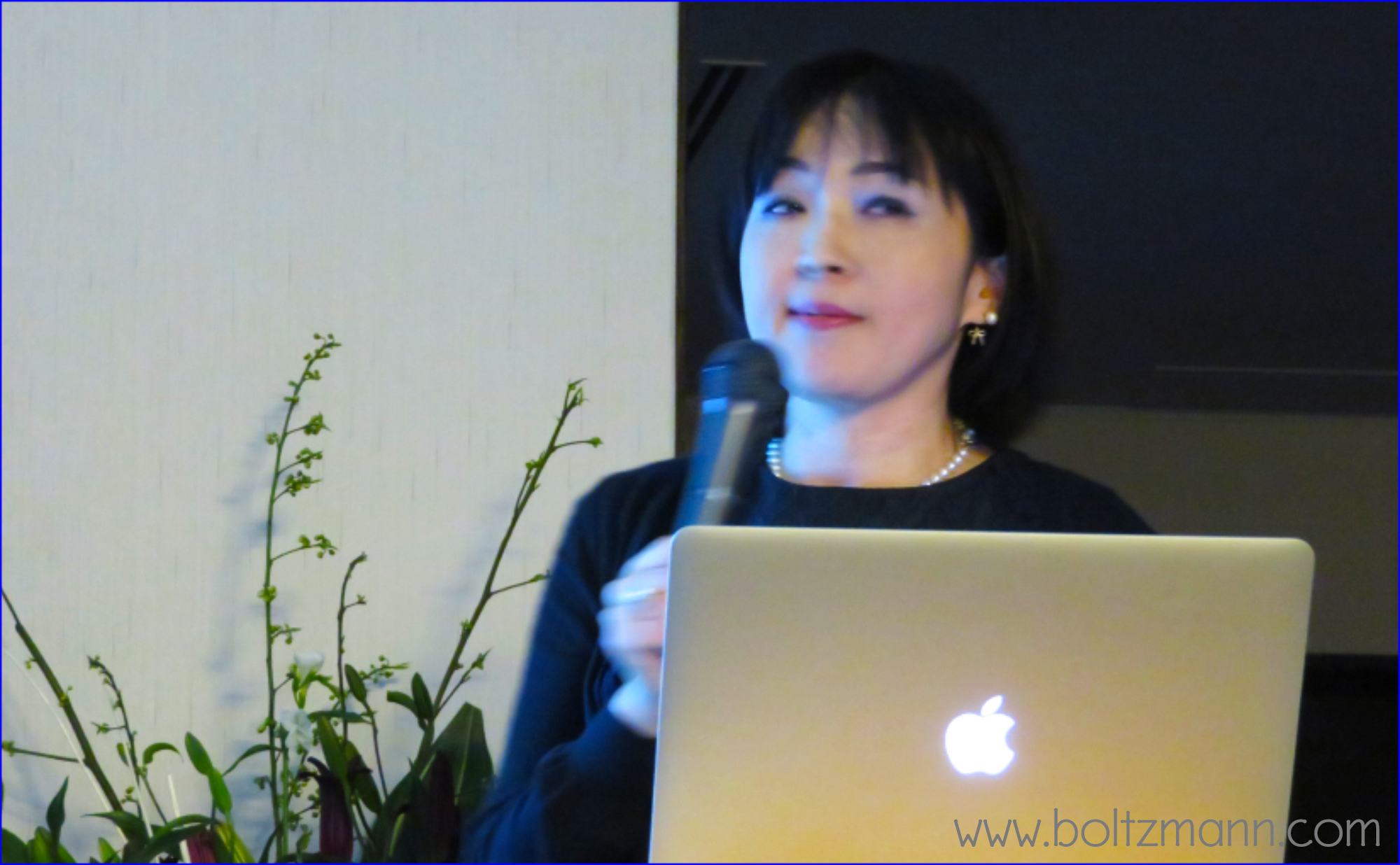
Leave a Reply